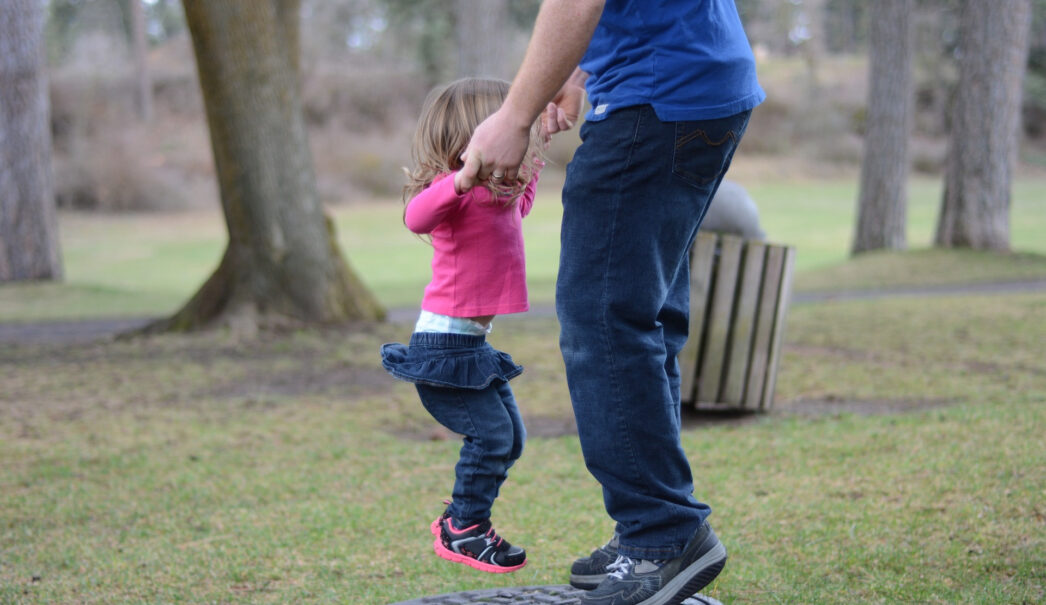Submitted by Anonymous Caregiver
“It always goes back to the severe lack of working FASD knowledge and FASD awareness within systems and the general public.”
For me, FASD has many meanings beyond the actual disability terms and individualized needs and strengths of my loved ones and the FASD community I serve. From a caregiver perspective, or at least in my caregiving experience, FASD has meant differential treatment from all points of interaction with systems for my child and our family. ‘Differential’ meaning service providers have not recognized or provided the same level of holistic care and empathy toward the unique needs of my child and our family, as that of person’s living with other disabilities.
This is not to create divisive politics in the world of disability, it’s just that public discourse and research needs to be intersectional and nuanced when examining disability inclusive of FASD. Being ostracized by FASD-uninformed service providers as a caregiver causes harm. This harm includes additional stressors and feelings of alienation when the stress load of parenting a child with FASD is already extremely high with few resources.
These mirco-aggressions and overt aggressions accumulate to further distance caregivers from feeling a part of the spaces our children and families navigate with dignity, especially when living in small or rural communities with limited understanding of FASD. In alignment with the social model of disability, the Inclusive Education model/Universal Design for Learning, Self-Regulation theories, and brain based approaches to supporting people with neurodiversity/FASD, it is the environments, public misperceptions and lack of FASD knowledge that are ‘disabling’ to our children and families, not our children’s diverse needs and strengths being problematic or in need of changing.
FASD has also meant for me that people would really like it if I would stop talking about FASD, or suggesting that I am pathologizing and labelling my child by informing her about them disability and their rights. Rather than seeing the urgency to protect, advocate and care for the exceptional and complex needs of my child, I am often met with resistance rooted in lack of understanding. Regardless of the root, it still hurts
The lived reality about the amount of care and advocacy required to ensure my child is safe and has equitable and inclusive access to their community and activities of daily living is real. The hurtful discourse around caregivers as being negative, hyper-focused on FASD and emotional doesn’t recognize the (exhaustion – am I right?) resilience, strength, creativity, advocacy, and efforts to protect our children’s rights to equity, accessibility and inclusion.
I often wonder if my child’s FASD was consistently recognized from a disability lens, while framed within a strengths-based approach for interventions and support, would life be just a slight bit easier to manage? Would systems also then see our family’s resilience and strengths? Would they see that we need respite care, resources and compassion?
It always goes back to the severe lack of working FASD knowledge and FASD awareness within systems and the general public. What is most important as a caregiver when it comes to making meaning out of FASD is that I recognize the resilience, growth, skills, strengths and uniqueness that make my kiddo with FASD their amazing self. Holding onto that makes the big picture ‘tough stuff’ more tolerable.
It’s vital to recognize that not everyone has access to what they need as a caregiver. It shouldn’t be that way if we are going to see people with FASD and their families thrive. The Federal Government and provincial/territorial governments need to work in partnership with caregivers and people with FASD to be responsive to the needs. When the needs are met, we can scream from the mountain tops about all of the amazing strengths and abilities that make up our loved ones with FASD, rather than screaming to be seen and heard.


One Comment on “A caregiver’s perspective on what FASD is”
This is still true even though my son and i have been working on this for 40 years now. very little has changed and people still think i’m paranoid!! or worse! Judy Pakozdy